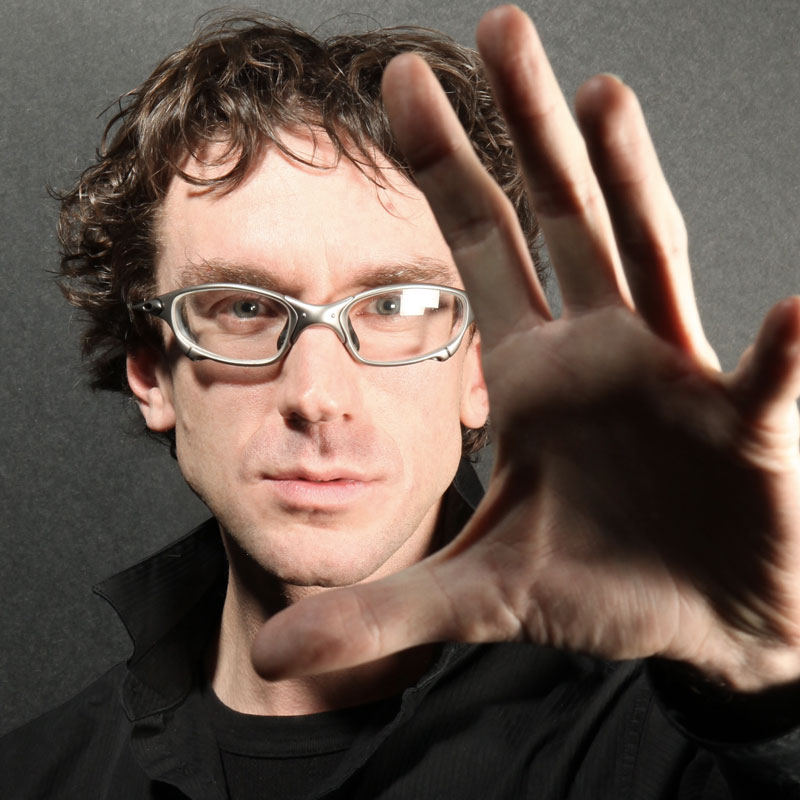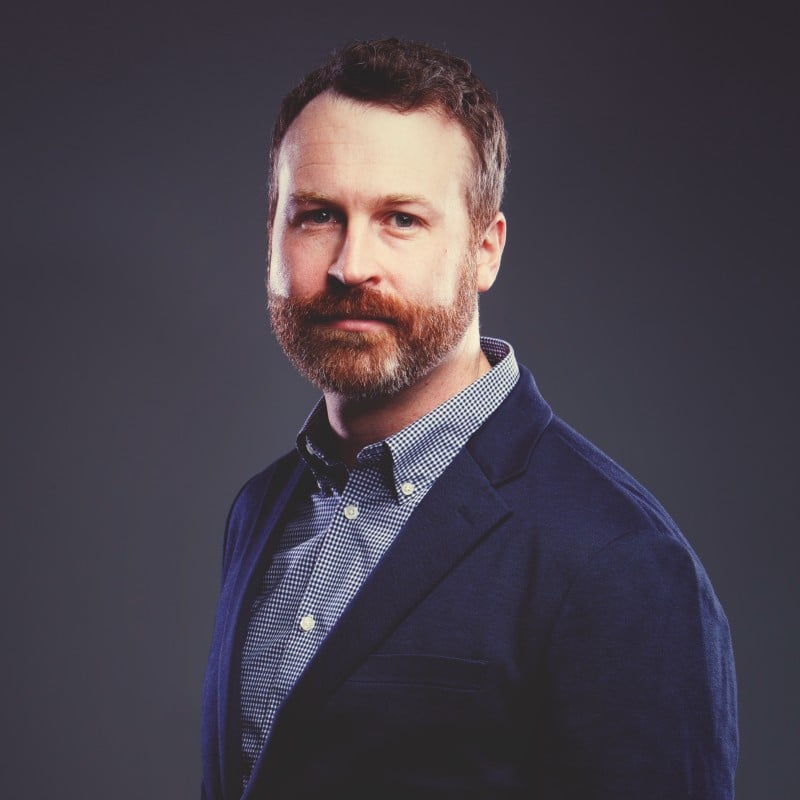Famed TED Talks Presenter Pablos Holman Is Interchange Madrid's Keynote Speaker
A slide in one of Pablos Holman’s popular TED Talks simply reads “I’m a bada**.”
It’s true. The hacker turned futurist, and recently announced Interchange Madrid keynote speaker, is edgy and honest—exactly what you want in an inventor who’s heading up a lab devoted to finding solutions to some of the world’s biggest problems.
Mosquito death ray
Take malaria for example. Holman draws on his hacker roots to come up with an effective, yet oddly entertaining way to solve this disease that kills nearly a million Africans every year.
Using consumer electronics, Holman and his cohorts at Intellectual Labs in Seattle developed a lethal laser that targets the female mosquito that carries the disease.
“As long as it’s not cute, you can kill it,” Holman jokingly exclaims in one of his insanely popular TEDx Talks.
The lab’s laser can identify the female mosquito and zap it with a blast of lethal energy. You can see some super slow-motion highlights here.
The laser array can be placed around schools, homes, villages, even crops. Pablos says it’s a plan even PETA can get behind, pointing to the fact that there aren’t a lot of people advocating for the humane treatment of a mosquito.
Hacktivism
Pablos’ brand of humanitarianism has been honed from his days as a hacker. He’s well known for exposing flaws in new chipped credit cards that made it easy for identity thieves to steal sensitive information. Or that time he put a tablet on wheels and drove it around conferences, collecting logon credentials and proudly displaying them on the screen.
These (possibly illegal) techniques inspired Pablos to approach problem solving from the standpoint of a hacker. By generating a protocol diagram, Pablos and his fellow scientists can identify every point where they can attack.
The future for this futurist
Pablos and his brain trust are taking this same approach to finding a fix for some of the biggest issues facing our planet.
Worried about our nation’s mounting stockpile of nuclear waste? By hacking the problem, Pablos figures it’s possible to create a reactor that can re-burn this spent nuclear fuel to create carbon-free energy for the foreseeable future.
What about protecting coastal cities from being flattened by intense tropical storms? Pablos has hacked a way to rob storms of the energy they need, cooling the surface of the ocean. Slowing and possibly even reversing the effects of global warming? Pablos’ plan involves helium balloons and a super long garden hose.
“It used to be you had to die to innovate,” he says. “Experiments used to hinge or who survived and who ultimately did not.”
Pablos’ vision is to innovate in less than a generation.
Be kind to robots
Robots are becoming more skilled. I mean, have you seen this recent YouTube clip from Boston Dynamics? It vaguely resembles the scene from Jurassic Park where a group of velociraptors stalks two young children in the park’s kitchen.
These clips, along with other examples of advancing robot intelligence, prove that we’re approaching a new age.
“Something important is about to happen,” said Pablos. “Robots are coming to take your job, they’re coming to drive your car, they’re coming to do all kinds of things that you do right now.
“They’re going to perform surgery, they’re going to take every remedial, repetitive, dangerous job that humans are trying to do now.”
In anticipation of when machines finally become our overlords, Pablos suggests we be more compassionate towards the robots who make our everyday lives a little easier. Shower Siri with praise, show your appreciation for Alexa, don’t forget to give Google some love every now and then. It may seem ironic, but Pablos suggests that we need to take the lead when it comes to teaching these non-human AI assistants a little lesson about humanity.
“Right now we are terrible role models for robots,” he said.
Pablos’ hope is that perhaps robots will follow suit if they see us taking care of each other’s psychological wellbeing. And when the time finally comes when our jobs are replaced by robots, Pablos says we should do what humans are uniquely good at doing—figuring out how to take care of other humans.
Learn more about Pablos and be there in person when he speaks at Interchange Madrid, March 11-14, 2019.

